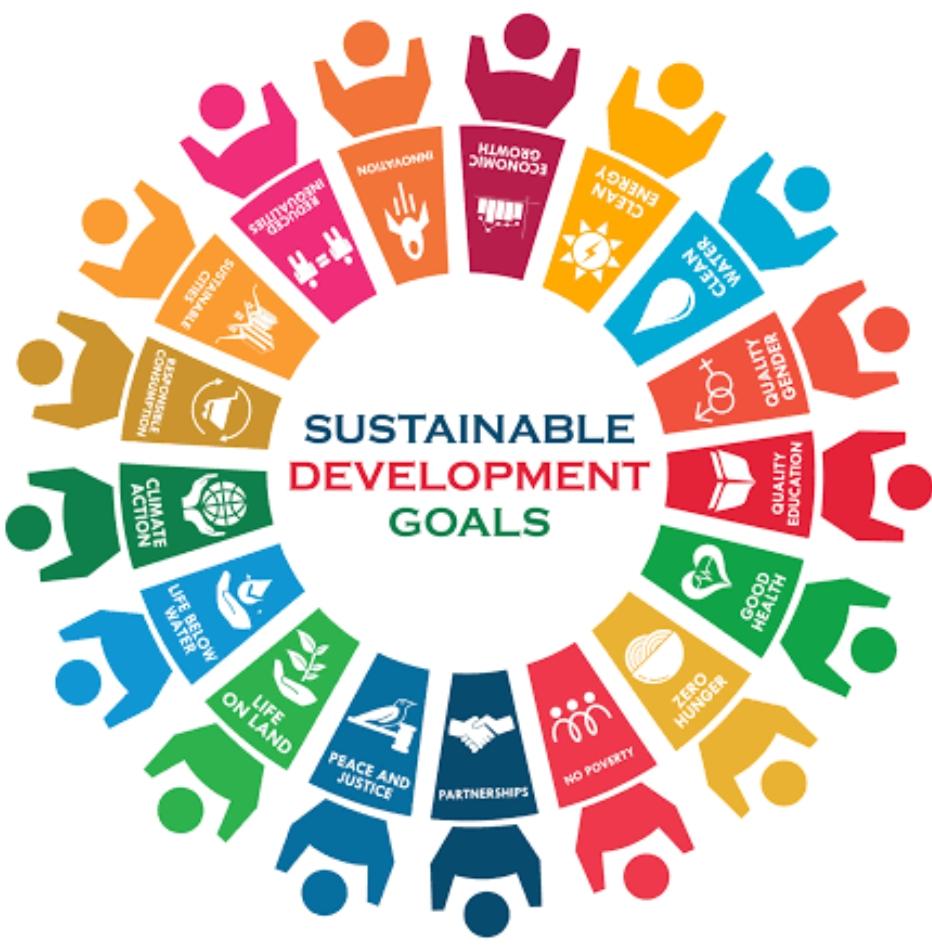The SDGs are designed as interconnected goals, where progress in one area can drive success in others. Each goal addresses a specific issue, but they are all interdependent, reflecting the integrated nature of global challenges.
No Poverty: Eradicate extreme poverty, defined as living on less than $1.25 a day. Poverty is multidimensional, involving not only the lack of income but also the absence of basic services such as healthcare, education, and sanitation.
Zero Hunger: End hunger, achieve food security, improve nutrition, and promote sustainable agriculture. Hunger and malnutrition remain significant challenges, particularly in regions affected by conflict, climate change, and economic downturns.
Good Health and Well-being: Ensure healthy lives and promote well-being for all. Health is a crucial pillar for sustainable development, as it has a direct impact on education, employment, and poverty.
Quality Education: Ensure inclusive and equitable quality education and promote lifelong learning opportunities for all. Education is the foundation for improving people's lives and sustainable development.
Gender Equality: Achieve gender equality and empower all women and girls. Gender equality is not only a fundamental human right but a necessary foundation for a peaceful, prosperous, and sustainable world.
Clean Water and Sanitation: Ensure availability and sustainable management of water and sanitation for all. Access to clean water is essential for survival and is a critical component of sustainable development.
Affordable and Clean Energy: Ensure access to affordable, reliable, sustainable, and modern energy for all. Clean energy supports economic growth while reducing carbon emissions and mitigating climate change.
Decent Work and Economic Growth: Promote sustained, inclusive, and sustainable economic growth, full and productive employment, and decent work for all. Economic prosperity is vital for reducing poverty and inequality.
Industry, Innovation, and Infrastructure: Build resilient infrastructure, promote inclusive and sustainable industrialization, and foster innovation. Technological advancement and resilient infrastructure are key drivers of economic growth and sustainable development.
Reduced Inequality: Reduce inequality within and among countries. High levels of inequality can threaten long-term social and economic development, harm poverty reduction efforts, and weaken people’s trust in governments.
Sustainable Cities and Communities: Make cities and human settlements inclusive, safe, resilient, and sustainable. As more people move into cities, managing urbanization sustainably is key to reducing environmental impact and improving quality of life.
Responsible Consumption and Production: Ensure sustainable consumption and production patterns. Unsustainable patterns of consumption and production are a primary driver of environmental degradation.
Climate Action: Take urgent action to combat climate change and its impacts. Climate change is an existential threat, and addressing it is crucial for safeguarding future generations.
Life Below Water: Conserve and sustainably use the oceans, seas, and marine resources for sustainable development. Oceans are a lifeline for biodiversity and human livelihoods but are increasingly under threat from overfishing, pollution, and climate change.
Life on Land: Protect, restore, and promote the sustainable use of terrestrial ecosystems, manage forests, combat desertification, and halt biodiversity loss. Land ecosystems are crucial for biodiversity, food security, and climate regulation.
Peace, Justice, and Strong Institutions: Promote peaceful and inclusive societies for sustainable development, provide access to justice for all, and build effective, accountable institutions at all levels. Peace, justice, and effective institutions are foundational to achieving sustainable development.
Partnerships for the Goals: Strengthen the means of implementation and revitalize the global partnership for sustainable development. Global cooperation is essential for mobilizing resources and knowledge to achieve the SDGs

